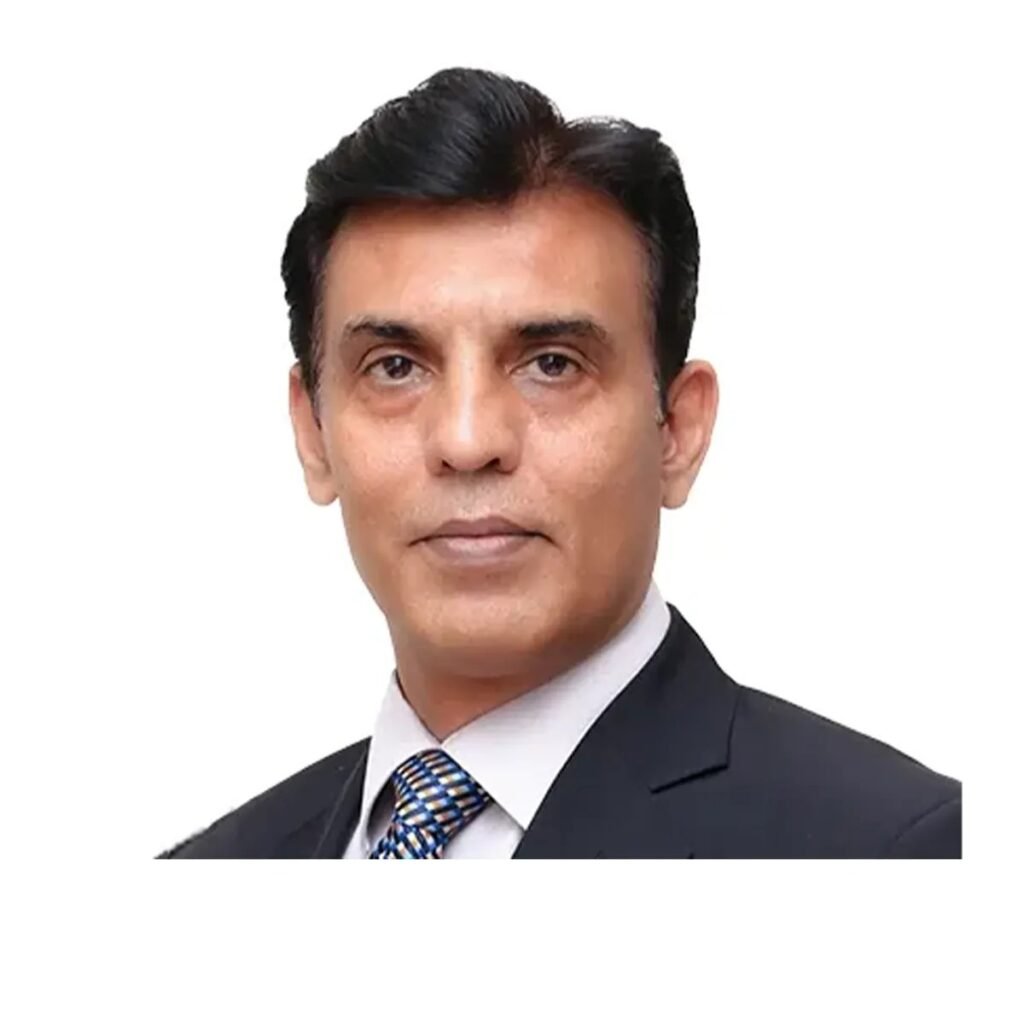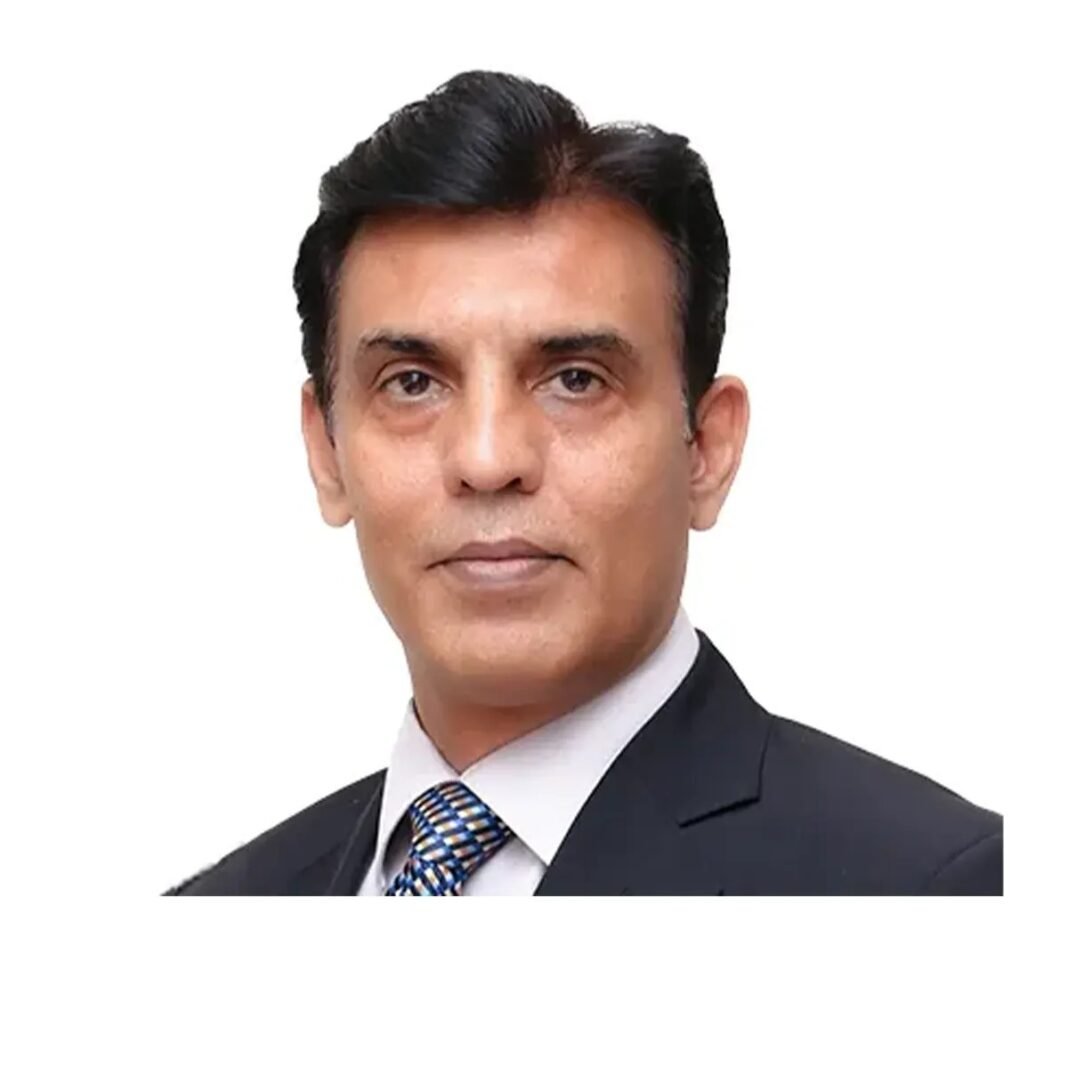
ISLAMABAD : Dr Abid Qaiyum Suleri, Executive Director Sustainable Development Policy Institute (SDPI) has said that the two significant developments — the International Monetary Fund (IMF) executive board’s approval of a much-anticipated loan tranche and the successful securing of Climate Resilience and Sustainability Facility (RSF) — despite formal resistance from India are the landmark achievements in the history of Pakistan’s economic and diplomatic trajectory.
Dr Suleri said that India, officially opposing Pakistan’s access to the RSF, found itself diplomatically isolated as the global financial body approved the facility, marking a defining moment in South Asia’s financial and strategic landscape.
“The RSF approval is not only a financial milestone but also a statement of Pakistan’s growing credibility in international financial governance,” he added.
Pakistan’s economy, he maintained, showed remarkable stability despite engaging in a brief but intense standoff with India — a nation with 10 times Pakistan’s GDP and defence spending.
Dr Suleri underlined that the J-10C response, followed by high-level diplomatic engagements, forced India to the dialogue table and, for the first time, compelled it to accept international mediation. This shift has sparked optimism for de-escalation and long-term peace, with significant implications for macroeconomic stability, he added.
He noted that the IMF’s latest tranche came with three key challenges, i.e. global economic instability, geopolitical tension, and domestic turbulence yet Pakistan’s continued structural reforms were appreciated.
Pakistan’s progress on state-owned-enterprises (SOE) reforms, energy pricing, IPP contract issues, competitiveness improvements in the industrial sector, and currency stabilization, even as inflation dropped and monetary policy eased by 11%, are indicators of macroeconomic stability, he opined.
“The nation’s political parties collectively celebrated ’Youm-e-Tashakur’ in a rare display of unity, rallying behind economic recovery and geopolitical resilience. The current fiscal indicators, including primary surplus and stabilizing exchange rate, have reinforced confidence in the government’s macroeconomic strategy,” Dr. Suleri said.
Next month, he said, an IMF mission will assist Pakistan in crafting a reform-oriented budget, especially as the country prepares to reallocate PSDP funds to address the fiscal fallout from the recent conflict — a “force majeure” situation for which Pakistan bears no contractual liability.
The government has reaffirmed its commitment to peace, offering to mediate long-standing issues such as Kashmir, the Indus Waters Treaty, and cross-border missile provocations, he said, adding that despite India’s $75–80 billion defence budget, Pakistan’s limited $7.5 billion defence spending proved strategically effective, defying conventional assumptions of military superiority.
Notably, he said, international players, including QUAD members (Japan, US, Australia, India) remained neutral, with Gulf states and Saudi Arabia also abstaining from supporting Indian positions, highlighting Pakistan’s strategic restraint and diplomatic outreach.
With a rebounding stock exchange and improved investor confidence, Dr. Suleri emphasized that Pakistan is now poised to leverage these gains for long-term economic strength. The twin pillars of IMF oversight and a fragile yet crucial ceasefire will shape the upcoming fiscal blueprint, he added.
“Pakistan has emerged stronger, more united, and more credible — both in its defence capability and economic outlook,” Dr. Suleri stated, noting that this moment must be capitalized upon to fortify Pakistan’s economic foundations and pursue lasting regional peace.
Sohail Majeed is a Special Correspondent at The Diplomatic Insight. He has twelve plus years of experience in journalism & reporting. He covers International Affairs, Diplomacy, UN, Sports, Climate Change, Economy, Technology, and Health.






![logo-1[1]](https://globalnewspakistan.com/wp-content/uploads/2025/01/logo-11-e1737618310315-300x187.png)